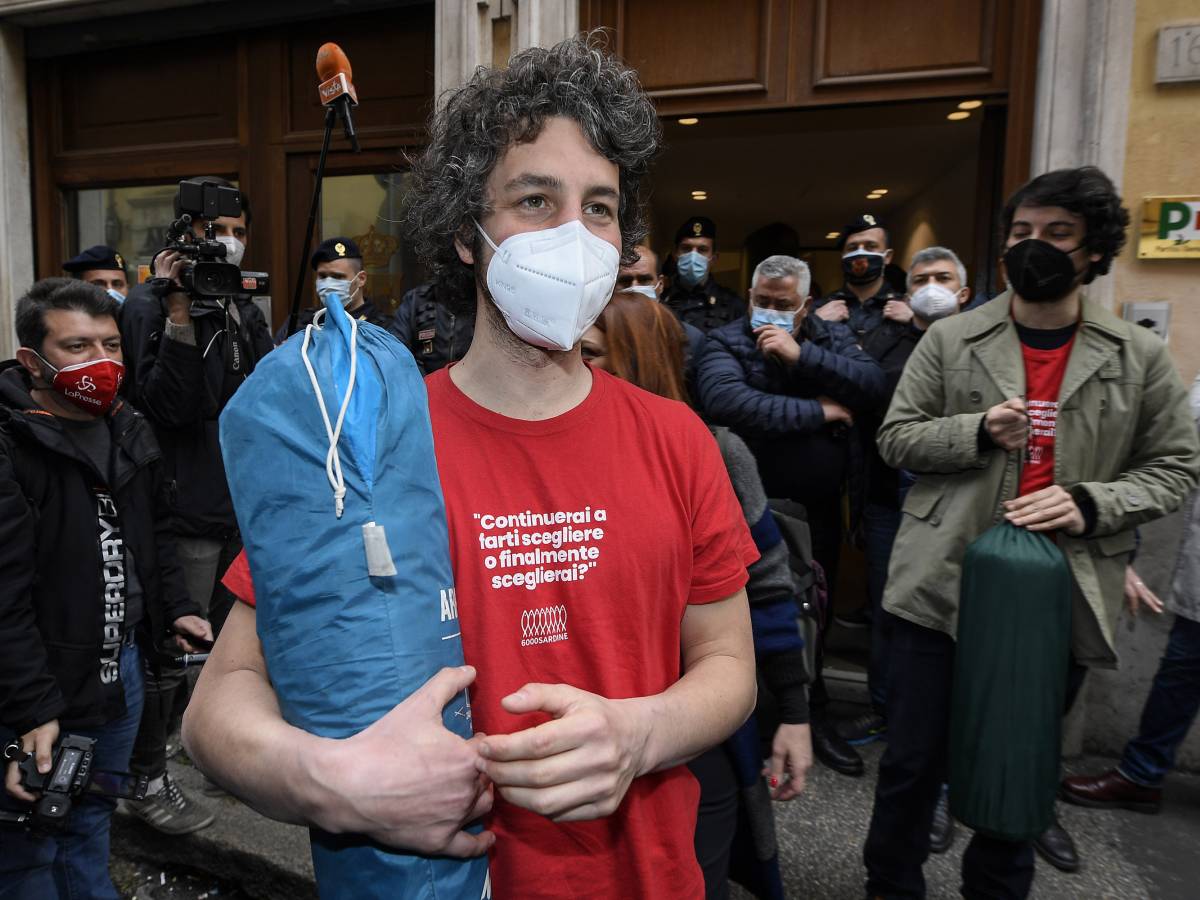U.S. traffic deaths jumped in early 2022 to hit a 20-year high, federal transportation officials announced Wednesday.
More than 9,500 people were killed in traffic crashes within the first three months of the year, early estimates from the National Highway Traffic Safety Administration showed. The figure represents the highest number of first-quarter fatalities since 2002, the NHTSA said.
The death toll also represents an increase of about 7% compared with the 8,935 fatalities estimated for the same quarter in 2021.
While fatalities jumped nationwide, 19 states and Puerto Rico saw traffic deaths decline during the first quarter of 2022, the NHTSA said.
“The overall numbers are still moving in the wrong direction. Now is the time for all states to double down on traffic safety,” NHTSA Administrator Steven Cliff said in a statement.
The findings come just months after the NHTSA released its estimate of traffic fatalities for all of 2021, projecting the highest number of fatalities since 2005 and the largest annual percentage increase in the Fatality Analysis Reporting System’s history.
According to the NHTSA, an estimated 42,915 people died in motor vehicle crashes last year, representing a 10.5% increase from the 38,824 fatalities in 2020.
“Behind each of these numbers is a life tragically lost, and a family left behind,” the administration said in a release announcing the 2021 figure back in May.
At the time, U.S. Transportation Secretary Pete Buttigieg said the deaths represented a “crisis on America’s roadways that we must address together.”
The Department of Transportation has announced a number of initiatives to curb the trend.
Public health experts have suggested that the sudden rise in deaths on U.S. roads appeared to be linked to the Covid pandemic, which left millions of people feeling isolated and stressed out.
“While there is no one causative factor, the reckless behavior is likely the confluence of increased drug and alcohol use, lack of safety constraints (like seat belts and texting), and greater opportunities for speeding and reckless driving given still fewer cars on the road, which is linked to feelings of liberation,” Karl Minges, interim dean at the University of New Haven’s School of Health Sciences, said last October.
Note: This article have been indexed to our site. We do not claim legitimacy, ownership or copyright of any of the content above. To see the article at original source Click Here












